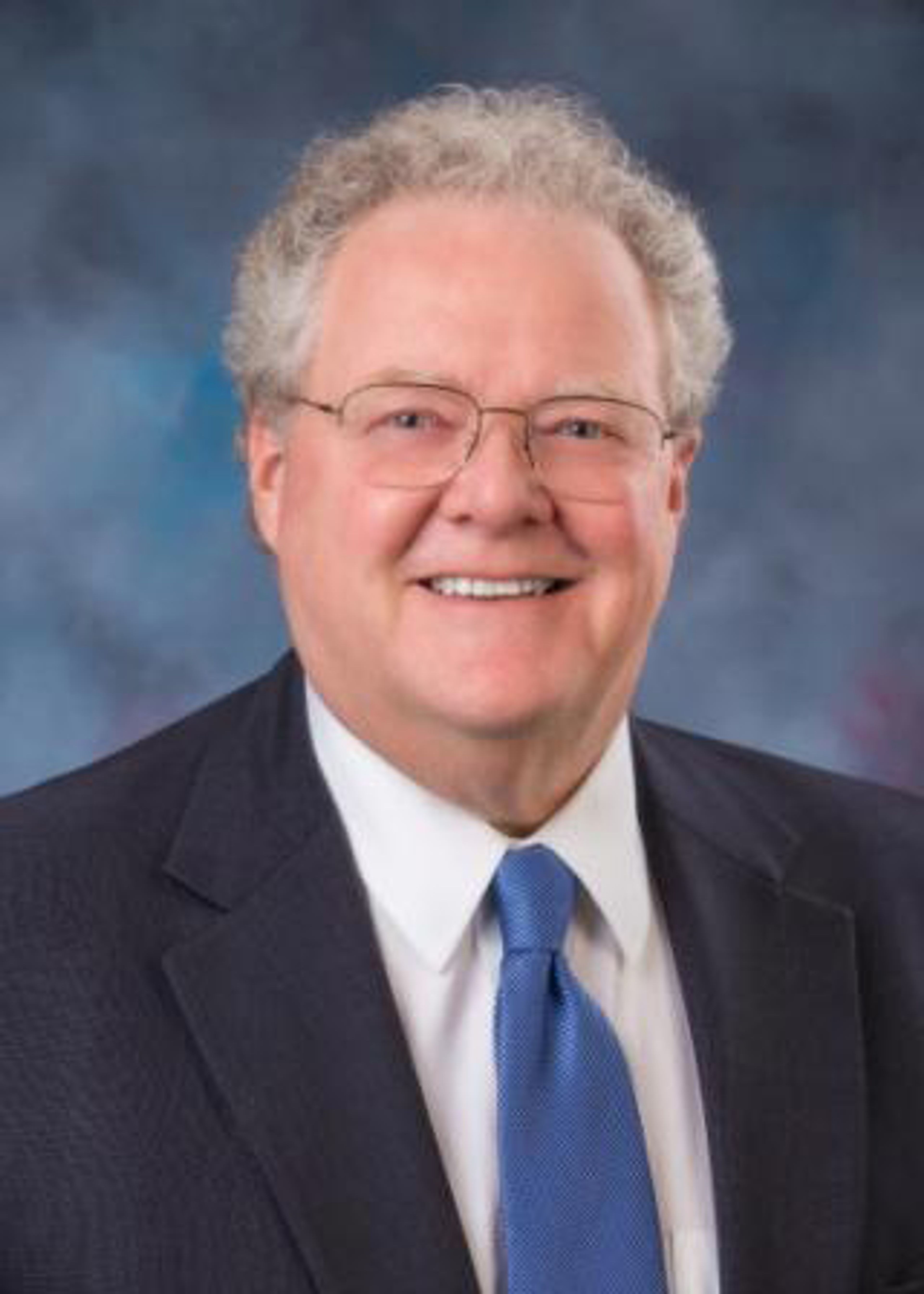About a decade ago, Idaho lawmakers barred school districts from self-selecting the voters they believed most likely to support bonds and levies.
Under the guise of “muffins with moms,” or “doughnuts with dads,” parents would be directed to another part of the school where voting booths would be waiting.
In a way, it helped compensate for Idaho’s strict requirement that construction bonds pass by a two-thirds margin and that plant facility issues get a supermajority ranging from 55 percent to two-thirds.
Lawmakers reasoned that was unfair to the bulk of voters who couldn’t keep up with the special election dates, but wound up paying the taxes anyway.
So they consolidated elections to four dates:
l The second Tuesday in March.
l The third Tuesday in May, which occurs at the same time as the state primary.
l The last Tuesday in August.
l The first Tuesday after the first Monday in November, which coincides with the general election.
Allowing schools to run elections in March and August was a concession legislators struck with educators. Now, Rep. Wendy Horman, R-Idaho Falls, wants to renege on that compromise. Her bill, introduced earlier this month, would limit these school levy and bond elections solely to May and November.
It comes on the heels of Rep. Heather Scott’s measure to stop schools from scheduling a second election on failed construction bonds for at least 11 months. Of the two, however, Horman’s poses more of a threat to the quality of your child’s education.
In many cases, schools can limp along with aged, obsolete and crowded buildings for 11 months or longer. What they cannot do is function without the supplemental property taxes that prop up everything schools do — including compensating qualified teachers — because Idaho’s lawmakers won’t come up with enough money.
If you doubt it, consider schools such as Kamiah, where supplementals have failed. Living on state support alone means a bare-bones program.
This year, 92 of Idaho’s 115 school districts have voted, by simple majority, to raise $214 million this way, up from $202.2 million last year and setting a record for the fourth year in a row.
As Kevin Richert of Idaho Education News pointed out, the bulk of those levies — 64 percent — from 2014 through 2019 were passed in the March election. Another 26 percent were cleared in May. That left 5 percent approved in August and another 5 percent in November.
Here’s the reason: Schools typically need to prepare tentative budgets by early June. Teacher contracts are finalized in early July.
But if a supplemental levy request fails in March, at least there is the opportunity to re-tool the proposal and ask voters for a second chance in May before class offerings are cut and the pink slips get issued. Even running a follow-up supplemental levy in August — which the Troy School District successfully achieved in 2015 — can mean avoiding deep cuts in the coming school year. Waiting until November is too late. By then, local tax levies have been certified and tax bills are about to be issued.
The Idaho Falls Republican argues this is all about turnout. Too few people stay on top of school elections in March or August, she says.
That’s not been Lewiston’s experience.
When the $59.8 million Lewiston High School bond was on the March 14, 2017, ballot 66.58 percent of registered voters showed up. That’s less than the 88.37 percent who voted the previous November for president. But it certainly eclipsed the 17.27 percent turnout that occurred in the May 2016 primary election.
On March 13, 2018, Lewiston’s $12.4 million supplemental levy won 81 percent approval. Voter turnout was 19.2 percent, which was slightly less than the 23.6 percent who turned out for the May 15, 2018, primary. But handcuffing schools to the primary elections is self-selecting the electorate in reverse. That year, Nez Perce County Republicans outnumbered Democrats by a margin of 2-to-1 — giving conservative, presumably tax-averse voters a greater voice than they otherwise would have.
Unlike Scott, Horman is not blind to any of this. For years, she has been in the midst of school finance issues — first as a member of her own local school board and now as a senior legislative budget-writer who has a great deal of influence over the public education appropriation.
Why this legislator of all people would be promoting such a punitive measure is a bit of a mystery. — M.T.









